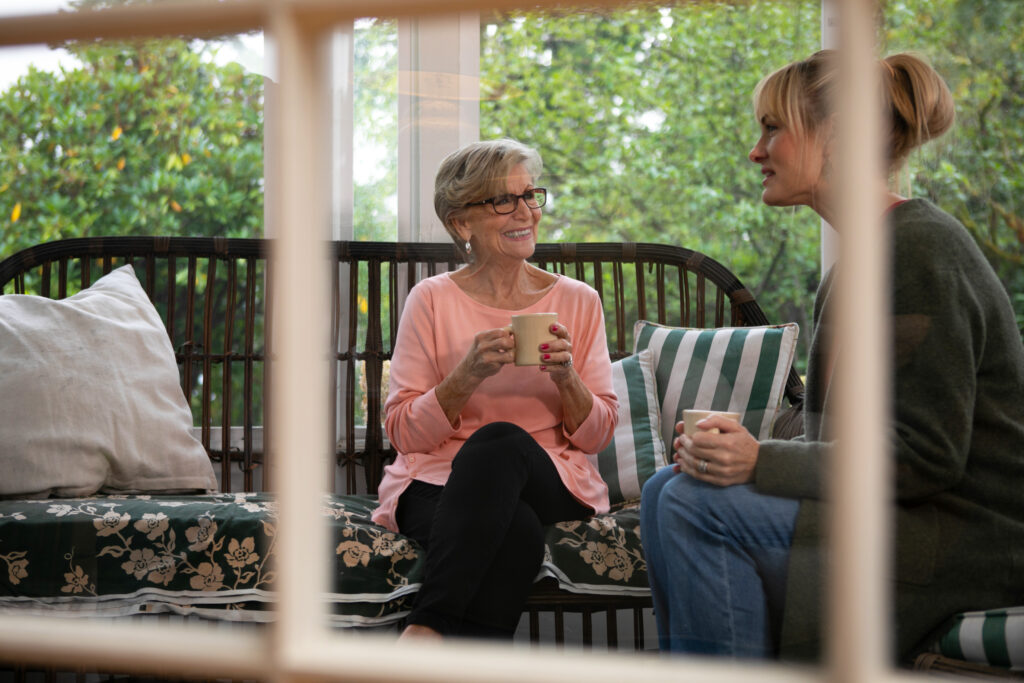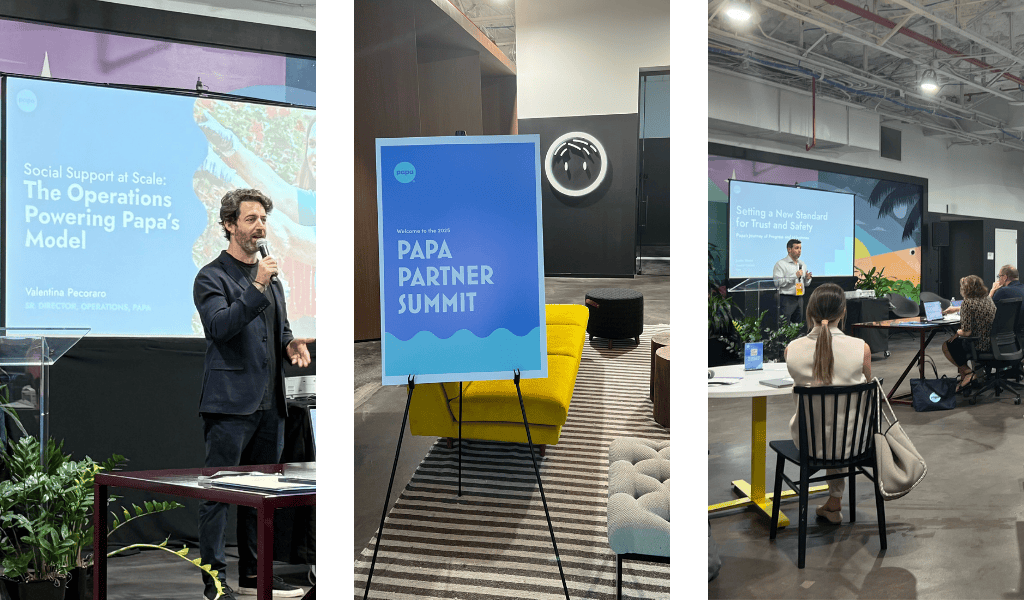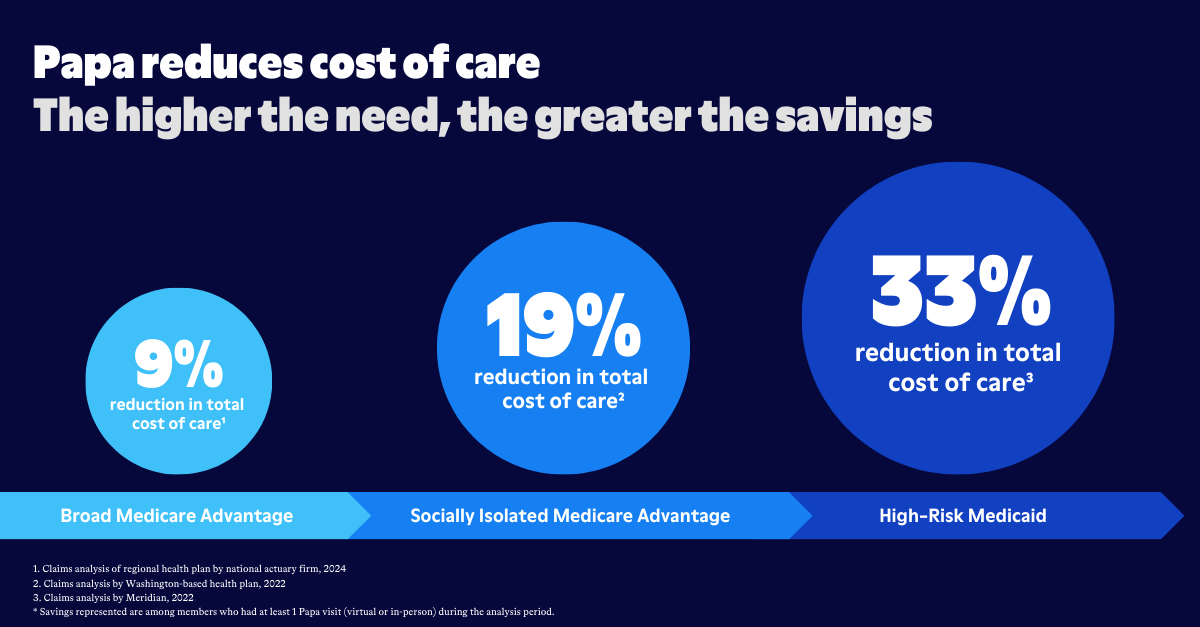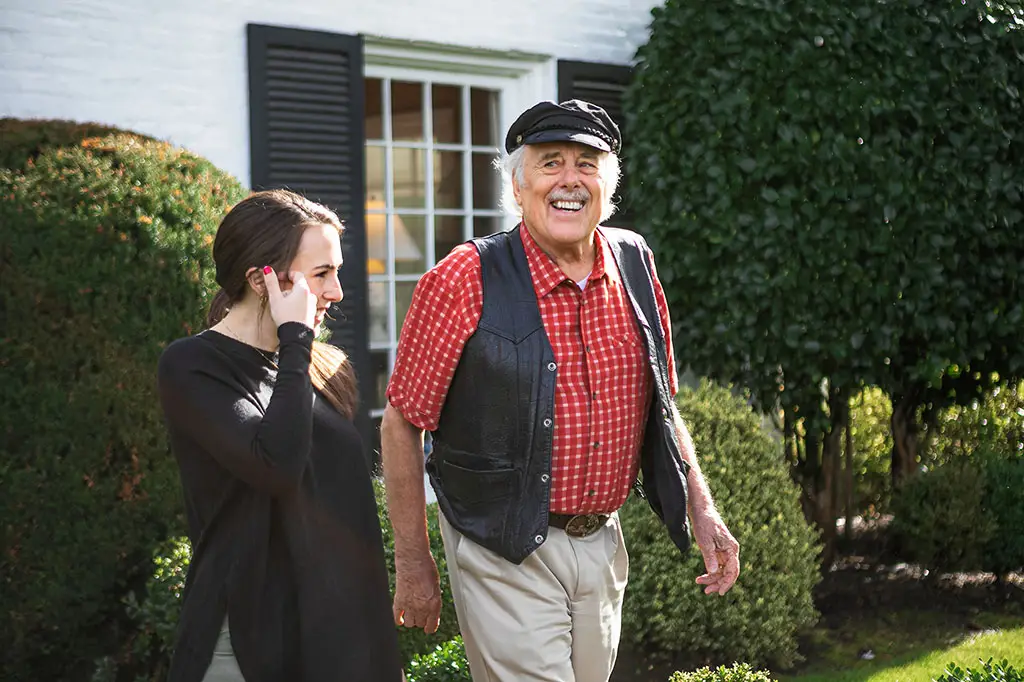
When temperatures soar, ice cream sales increase.
When someone gets enough sleep, their mood increases.
The more time spent on a treadmill, more calories are burned.
And health plan members who are socially connected, are more likely to rate their health plan favorably.
If you did a double take on the last one, you’re not alone. When our research team first released the results of an analysis that showed a correlation between loneliness and member experience scores, we weren’t exactly surprised. After all, the entire basis of our company is based on the promise that when people are connected, they are healthier. As we dug a bit deeper, we realized that the impact of loneliness goes deeper than many of us imagined.
The impact of loneliness
The connection between loneliness and overall health has become more and more evident in the past few years. When we first saw data showing that people who are lonely have a 26% higher mortality rate, we had a hard time wrapping our minds around the stat.
It’s clear that loneliness plays a major role in all areas of health. People who are lonely are at higher risk for chronic diseases, behavioral health challenges and home safety concerns. The correlation has been clearly and consistently demonstrated in study after study.
When we at Papa started contemplating how loneliness impacts overall health, our research team decided to walk a little further down that rabbit hole. We started asking some questions:
→ If loneliness impacts overall health, can finding solutions to decrease loneliness make people healthier?
→ Does reducing loneliness and improving overall health impact health plans in other ways? Perhaps by lowering health care costs? Or improving member experience?
→ And finally, do members who feel less lonely rate their health plans higher?
It turns out that the answer to each of the above questions is yes.
As we sought to answer the above questions, we surveyed 3,179 Papa members about their experiences with their health plans. We asked them to rate their feelings of loneliness and social isolation as well as their perceptions of their health plan. Then, a few months later, we re-assessed several of those members and found that their feelings about their health plans had changed after participating in Papa’s program. Here’s what we found out:
Health plan ratings rise when plans offer meaningful benefits
In fact, the average member’s rating of their health plan moved from a 4-Star ranking (which was 88% at baseline) to above the 5-Star threshold (91%) when we did our follow up survey. Since we at Papa are providers of social support benefits, that data really piqued our interest.
We found that as few as 4% of members can move the needle from 3-Star rankings to 5-Star rankings for Health Plan Rating or Health Care Quality. From a 20,000 foot angle, what this means is that addressing the social needs of even a few members can result in huge changes in health plan rankings, member experiences scores and ultimately, funding.
But why does addressing a social factor like loneliness change so much?
That’s what our team sought to figure out next.
Lonely members are less likely to seek care, pick up prescriptions or get necessary tests
When members rate themselves as severely lonely, they tend to rate their plans lower. One area that stood out to us was in their ability to seek and get necessary care.
There are dozens of factors that impact a member’s ability to get care. Perhaps they don’t have a way to get to a doctor’s office, or they can’t easily access an office. Maybe they don’t understand how to make an appointment, or aren’t sure where to even go, or just want someone to accompany them on a visit. Regardless, the ability to get care when needed is a major indicator of a member’s experience with their health plan, which illustrates why people who are lonely rate their plans 11.3 points lower for the ability to get care when needed.
Similarly to the ability to seek care when needed, lonely members are also less likely to pick up necessary prescriptions or get needed tests or treatments. The reasons are often similar to the reasons for not seeking care– they don’t have a ride to the pharmacy or hospital, it’s difficult to navigate medication pick-ups, they aren’t sure where to go, or they simply want someone to accompany them. As expected based on the above data, lonely members rate their plans 7.2 points lower for access to prescription drugs and 10.2 points lower for access to treatment or testing.
People who have social connection are just healthier
Our team is still analyzing this data and making connections so that we can better support our partners and members, but one thing has become monumentally clear: People who are socially connected are healthier.
It’s a chain reaction.
Social connection leads to a reduction in loneliness which leads to improved overall health which leads to… you guessed it… better member experience scores for health plans.
Notice that the start of the chain is social connection.
People need people, and that’s what we at Papa work toward every day.
Our mission is to create a world where no one has to go it alone– meaning we don’t want a single person to miss a doctor’s appointment because they don’t have a ride. Or to skip a prescription because they don’t understand how to get it filled. Or to miss treatment because they don’t want to go to the visit by themselves. Or to spend a day alone, wishing they had someone to talk to. To play games with. To give them a helping hand
We want to be that first link in the chain.
A chain that leads to better health, better results, and a better world.



